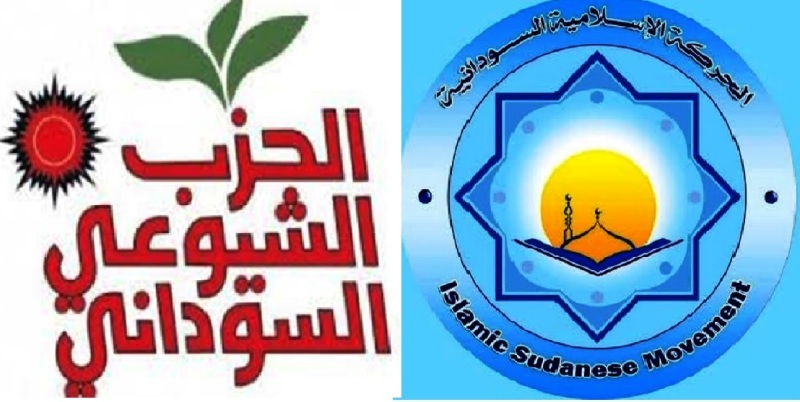Islamists Call for Formal Alliance with Sudanese Communist Party

Leaderships within the Sudanese Islamic Movement have called for a new chapter in relations between Islamists and communists, centered on supporting “the military institution in defending the nation and the people,” and on building what they described as a “rational, national, and practical alliance.” They also praised the Communist Party, welcoming the return of political parties to activity in the capital.
Two days ago, the Communist Party submitted a memorandum to the executive director of Omdurman Locality, requesting a date for the handover of its headquarters, which had been seized by a security unit. The move stirred wide reactions, with some criticizing the party for recognizing the “de facto authority.”
A Sign of Recovery
Sudanese Islamic Movement leader Sana Hamad Al-Awad wrote on her official Facebook page an article titled “For the Sake of the Nation”, in which she described the return of political parties to activity in the capital as a sign of recovery.
She praised the Communist Party’s request to the Omdurman Locality Executive Director for the return of its headquarters, saying it was done “in a civilized manner and in accordance with regulations and laws.”
In her piece, Sana laid the groundwork for potential cooperation, noting that the Communist Party was the country’s first ideological political party, distancing itself from sectarianism, enacting bylaws, and holding elections for its Secretary-General . She added that it was also the first party to engage in cultural production and open political forums, to establish a military office and a security office, and to promote women leaders —dating back to 1948.
She pointed out that the Muslim Brotherhood was established only months later, drawing conservative currents, and “ironically, some members of the Communist Party joined it and became leading figures such as Sheikh Yassin Omer Al-Imam.” She added that the Brotherhood benefited from the Communist Party’s organizational experience in building its structures and networks.
A New Chapter
Sana described the ongoing war as unprecedented in Sudan’s history, adding: “Without doubt, the country is entering a new phase in its life. Could this not be a new chapter in the relationship between Islamists and communists—one that begins with agreement on independence, rejecting foreign dependency, and supporting the military institution in defense of the nation and the people?”
She called for dialogue, or even a ‘silent understanding,’ between two pioneering entities that had early political awareness, saying: ‘May the wise, who possess the virtue of rising above self-interest, step forward to build a rational, national, and practical alliance—for the sake of the nation, for the sake of Sudan.’
